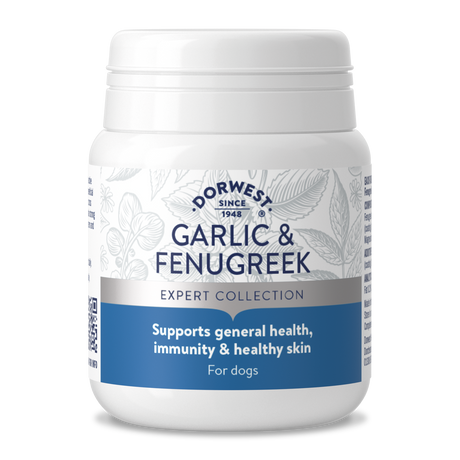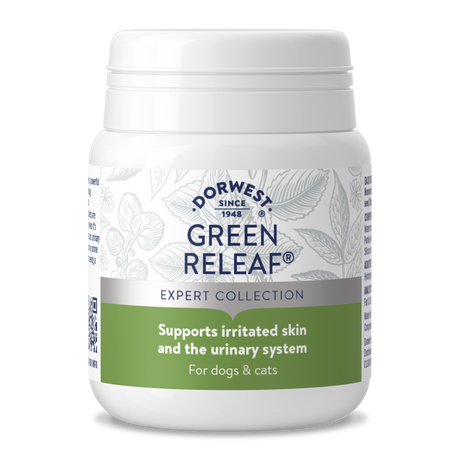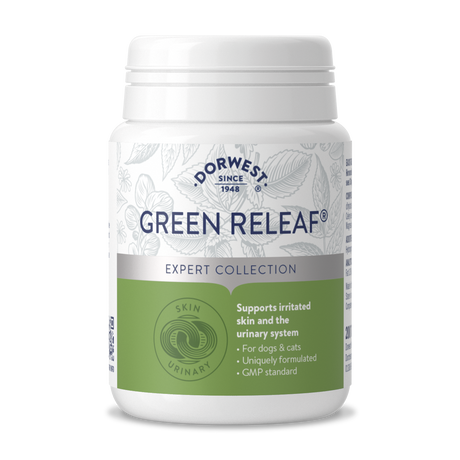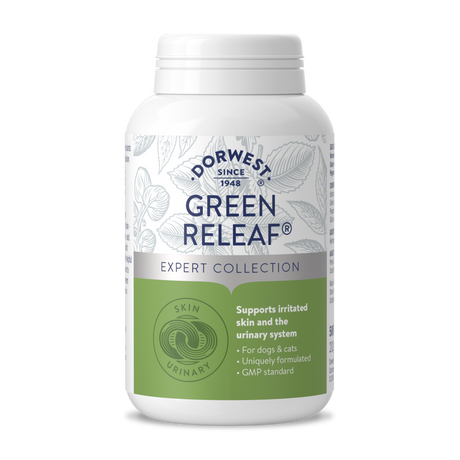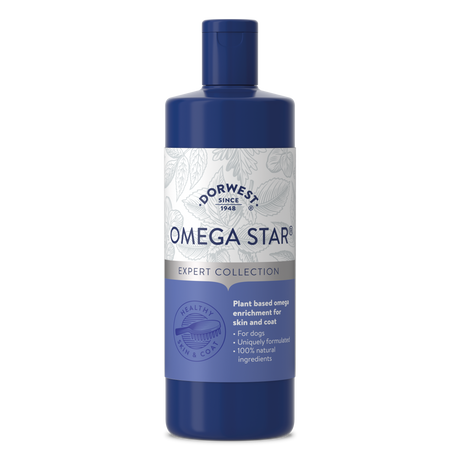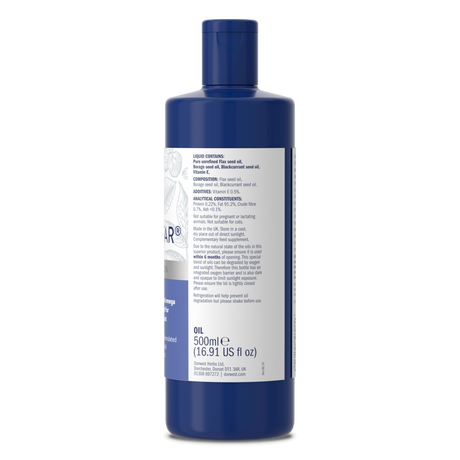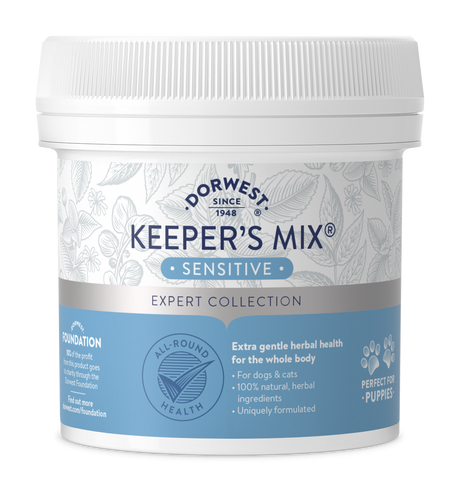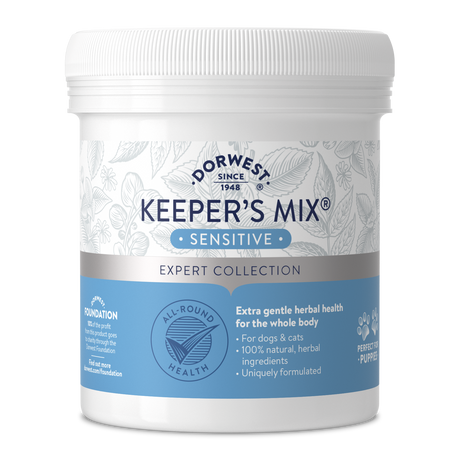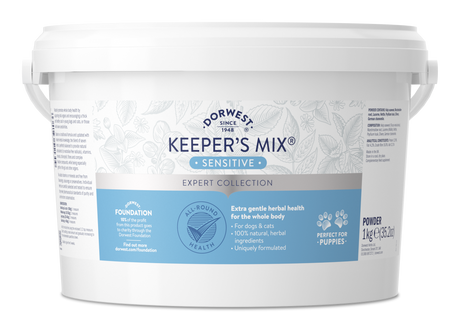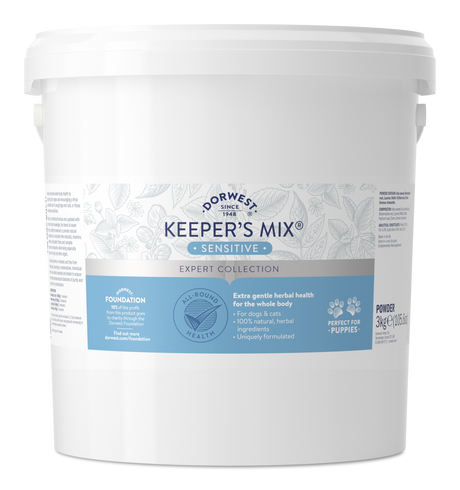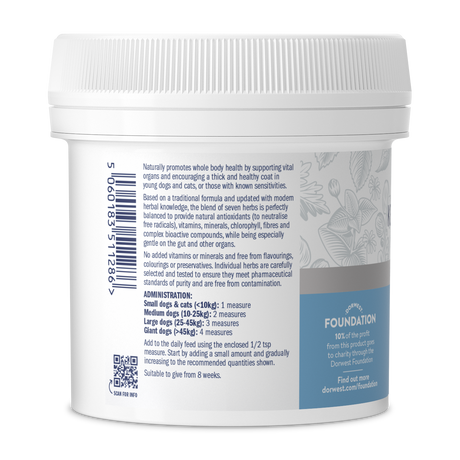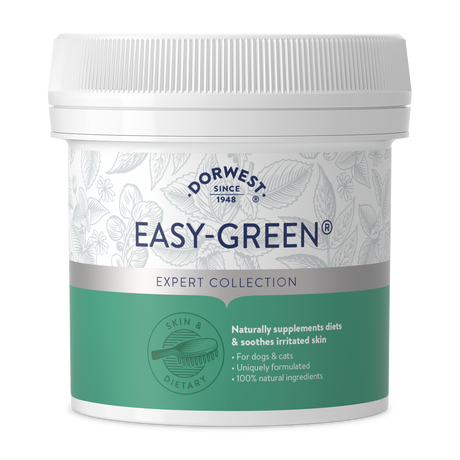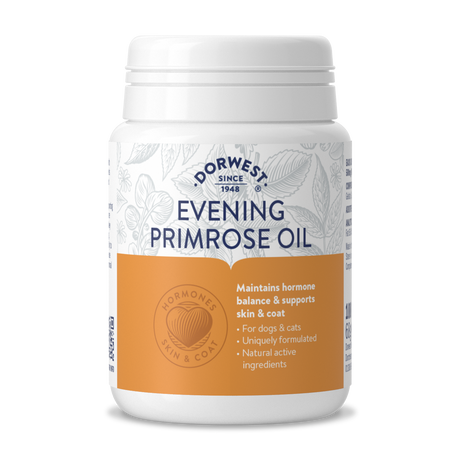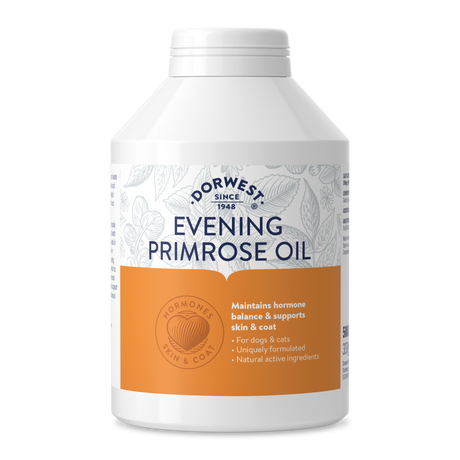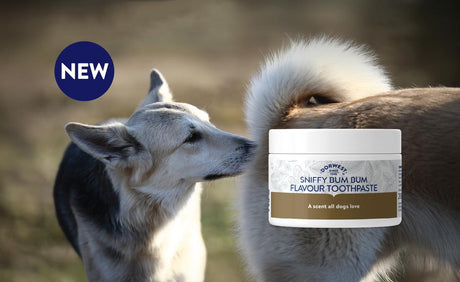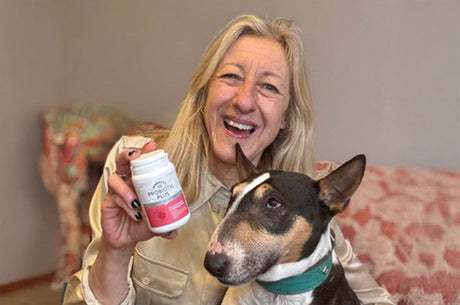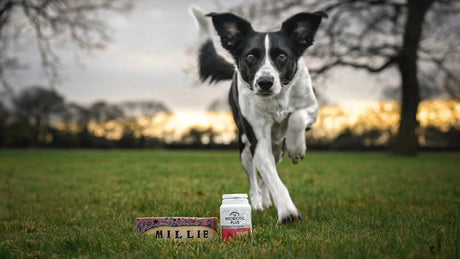An itchy pet can equal an unhappy pet (and we don't want that for our four-legged friends, do we?) Sadly, excessive itchiness is a very common problem. That being said, if your dog has itchy skin, there are numerous ways you can help. We're going to share our top tips to help you understand why your pet might be itchy as well as providing signposts showing the steps you can take to help. Are you ready to take steps to banish the itch? If so, read on...
What can cause an itchy pet?
It’s perfectly natural for the occasional scratch but noting when this starts to become excessive is key. As well as scratching, excessive licking and changes to skin/coat are also key signs your pet has itchy skin. It can be tricky to fix a problem if you don't know why it's happening. This is particularly true when trying to help soothe itchy skin. So, it's time to pop your Detective hat on to help find the culprit behind the itch. Let's look at some of the prime suspects...
SUSPECT NUMBER 1: External Allergies (grass, household products, etc)

Like many humans, pets can have sensitivities and allergies to their natural environment. When trying to locate what's causing your pet to feel excessively itchy, understanding what they might be coming into contact with can be a great starting point. This will help to determine the most suitable natural remedy for dog allergies to use. Keep your eyes peeled for helpful clues e.g where are they itchy? Are they licking their paws? If so, it might be something they're walking on.
Are they particularly itchy after they've come into contact with something specific? E.g grass, which could signal a grass allergy or a blanket when it's been washed in a new detergent. Are they itchy during a particular time of year? Then it's possible they may have a summer allergy due to the pollen etc.
If you think it's an external factor like these, try limiting their exposure to them. Trial and error is the key and once you've sniffed out the suspect, you'll know what to avoid in the future.
SUSPECT NUMBER 2: Seasonal moulting

Excess moulting can make your pet feel very itchy and is a common reason for why your dog has itchy skin. All that loose fur tumbling down can be pretty frustrating. Even those with short coats can still moult a lot as their new coat comes through. Keeping up a regular grooming regime can help keep this at bay and minimise any itchiness this can cause. It's helpful to be particularly mindful during certain times of the year e.g spring/summer which can cause a big shift in their coats.
Some pet parents prefer their dogs or cats to go to a specialist groomer, in particular if they have a specific coat that needs professional treatment. Always ensure they are reputable and have the relevant qualifications. You’ll also want to ensure they use natural products, such as a herbal dog shampoo.
Others are able to manage some grooming from home. If you're starting a new grooming regime, do so gradually and provide positive reinforcement so they know grooming can be a great experience. Plus it gives you an opportunity to bond further too. Goodbye itch, hello cuddles and pampering!
SUSPECT NUMBER 3: Fleas, dust mites and insect bites
Ooh those pesky critters! They can cause havoc to the skin of our four-legged friends. If you’ve noticed your dog has itchy skin, it may be a one-off bite from an insect during while their outdoors. You can usually tell if this is the case as your pet may be scratching in one specific spot. Ensuring you have a first aid kit at home can be very helpful. If you're ever unsure how to treat an insect bite or if your pet has an unusual reaction though, always contact your veterinary professional.
Or if fleas or dust mites are the culprits, they can cause severe itchiness in various spots across your pet’s body. Fleas can particularly "come out to play" during summer months. There are an assortment of treatments available on the market and ways you can help fleas stay away naturally. Decide which is best for your pet and help keep those critters at bay. One of our own product suggestions towards the end might also prove to be useful in the fight against parasites, so keep on reading!
It's worth noting, as well as treating your pet regularly for fleas etc, ensuring your home is treated too can be a very important part of the process. This will help to eradicate parasites and stop the cycle from reoccurring. As well as using specific anti-flea products, you can also take steps in the fight against fleas etc. You can do this by providing regular clean bedding for your pet and washing these at high temperatures.
SUSPECT NUMBER 4: Food Allergies
As well as external sources, what our pets consume can also cause itchy skin. For example, they may have dietary sensitivities which cause issues with their gut as well as showing up externally by causing skin conditions. For example, grains, chicken etc can be common culprits. As always, if you change your pet’s diet, do so bit by bit. This way you can spot any condition changes and stop the food source in its tracks.
***Despite your best detective efforts, if you're ever unsure why your pet is particularly itchy or are especially concerned, we would always recommend speaking to your veterinary professional.
How else can you help your itchy dog?
So, hopefully now you know more about why dogs have itchy skin and have tracked down the offender causing this problem. But what else can you do? Well, we have some suggestions to help both from the inside and the outside...
Help from the inside:
First up are our newly formulated Garlic & Fenugreek Tablets, perfect for supporting sensitive or compromised skin. These herbal remedies for dogs contain high levels of antioxidants and compounds to help maintain the body’s defences against infections and parasites.
For thousands of years, Garlic has been known to provide a hostile environment for parasites such as fleas. As you read earlier, fleas are known to cause excessive itching in some pets. Whilst it can't eradicate fleas, it can make your pet less appealing to parasites. Brilliant!
Next up on the list of natural skin remedies for dogs are our Green Releaf® Tablets. These contain a powerful combination of specially selected whole green plants to help maintain healthy skin, particularly when it is sensitive. Our Green Releaf ® Tablets also have natural soothing, cleansing and pH balancing properties.
If you're looking to achieve maximum results for your pet, we always recommend using these dog supplements together. They combine and help nourish and soothe your dog’s itchy skin.
Help from the outside:

Looking for direct treatment on sore spots? We have two great suggestions. Firstly, our Soothe & Calm Herbal Dog Shampoo is a great staple to have in your bathroom cupboard. As mentioned above, a regular grooming regime is a great way of keeping any itchiness at bay. This is thanks to its ingredients of aloe vera, oatmeal, chamomile extract and lavender essential oil and extract. Together these provide your pet with a naturally soothing, moisturising and calming herbal dog shampoo which is ideal for sensitive skin. When used as part of your grooming regime, the shampoo also helps to remove excess hair, dust and allergens such as pollen. You can find out more about the power of this particular dog shampoo by heading over to our product page.
Our lovely Skin Balm for dogs is ideal for specific problem areas found on your dog. It works by helping to relieve soreness, dryness and irritation. This is due to natural beeswax, nourishing shea butter and it's multitude of natural ingredients. Not to mention these 3 herbs:
- Comfrey herb (full of moisturising properties and stimulating skin growth)
- Calendula (softens skin, aids repair and soothes)
- Chamomile (calms tender areas)
Time to welcome soft, calm skin...
Hopefully you feel prepared to help conquer any excessive itching and scratching from your pet now. Remember, our helpful team of advisors are always on hand to answer your questions. However, it’s always important to speak to your vet if your pet has a skin problem. There may be an underlying cause that requires further treatment.
Together, we can help keep that itch at bay and help your pet feel as happy as possible! For advice on our natural skin remedies for pets, such as our herbal dog shampoo or dog supplements, contact us. Our team have expert knowledge on herbal remedies for dogs and which are most suitable to help support their skin condition. Email info@dorwest.com or leave your comments in the section below. Keep up to date with all things Dorwest over on our Facebook, Instagram pages!



